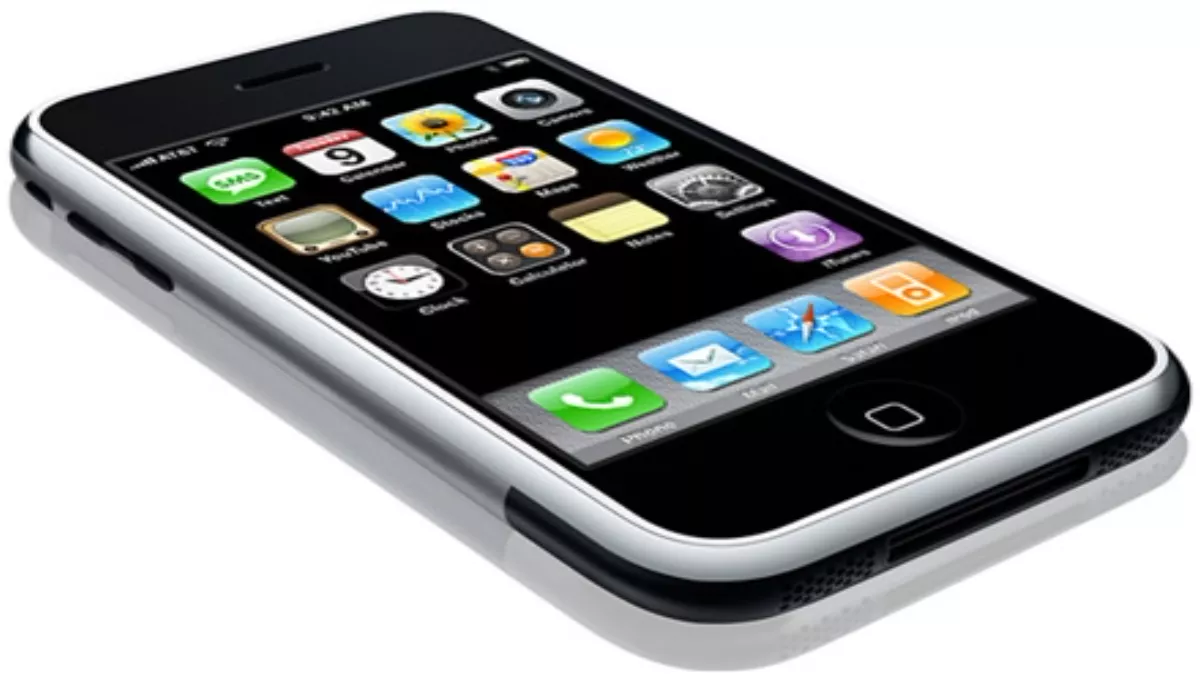
I want an iPhone
With the introduction of the iPhone, Apple brought something new and exciting to the business world. The iPhone can potentially provide significant benefits to an organisation, as can other technology like smartphones, netbooks, social networking sites, webmail and instant messaging, but when should businesses give employees the latest in consumer devices and applications?Company decisions around access to technology can have a significant impact on revenue, productivity growth and employee satisfaction. As a result, such decisions must include compliance and security issues, since consumer IT tools can provide multiple means of access to sensitive business information. However, often businesses use one of two prevailing policies around computing tools: 1) everyone gets the new device or application... or2) only the VIPs get it.Clearly, both these approaches lack consideration and are potentially inefficient. So, how can an organisation approach its policies around consumer technology more strategically?Prioritise customer-facing revenue generatorsResearch conducted by Unisys found organisations with the most effective employee IT support practices were more likely to give higher levels of support to sales, customer service and other revenue-touching functions. Organisations that do not provide highly effective IT support are much more likely to provide low levels of support to customer interfacing functions and even to customers themselves.Next-generation IT tools can often be well-utilised by employees who work directly with customers, generating revenue every day. These employees need access to up-to-the-minute product and pricing data; the ability to place orders while out of the office, or information from headquarters to fix broken equipment off-site. And it is from advanced devices and applications that these workers gain improved mobility and better customer service to achieve productivity benefits.Priority needs to placed on what drives value for the organisation, and consumer technology and IT support need to be treated as business enablers rather than as cost centres. It can be more efficient to provide the latest IT tools and highest level of support to employees who work with customers outside company walls, rather than to internal executives who work from inside. Consider generational factorsIn addition, employees’ technology literacy is increasing, resulting in a workforce that is steadily demanding a wider diversity of IT tools to enable them to do their jobs anywhere, anytime. There are now three generations in the current workforce: Baby Boomers, Generation X and Generation Y (also known as Millennials).According to Forrester research, younger workers tend to believe that the technology they have at home is better than that which they have at work: 34% of Generation Y workers, compared to only 22% of Baby Boomers. As a result, many younger employees are bringing consumer devices and applications into the workplace. They are proficient with these tools so gain significant productivity benefits from them. As high adopters of tools like Facebook, LinkedIn, PDAs and smartphones, Generation X and Generation Y employees are more comfortable using IT self-help portals, search engines and chat tools to find answers to IT problems, rather than calling a help desk, which results in lower IT support costs.However, these new technologies can also put a company and its systems at risk. Therefore organisations should strive for a balance between control over critical aspects like policy compliance, security and IT budgets, and enabling IT-savvy workers to use these consumer tools. Unisys believes the latest high-impact consumer devices and applications can have a significant impact on revenue and customer satisfaction, when distributed strategically. In addition, rather than actively preventing consumer technologies from entering the workplace or turning a blind eye when employees work around IT policies, organisations should evaluate the potential of these tools and put in place a programme that manages their use and maximises their benefits.

